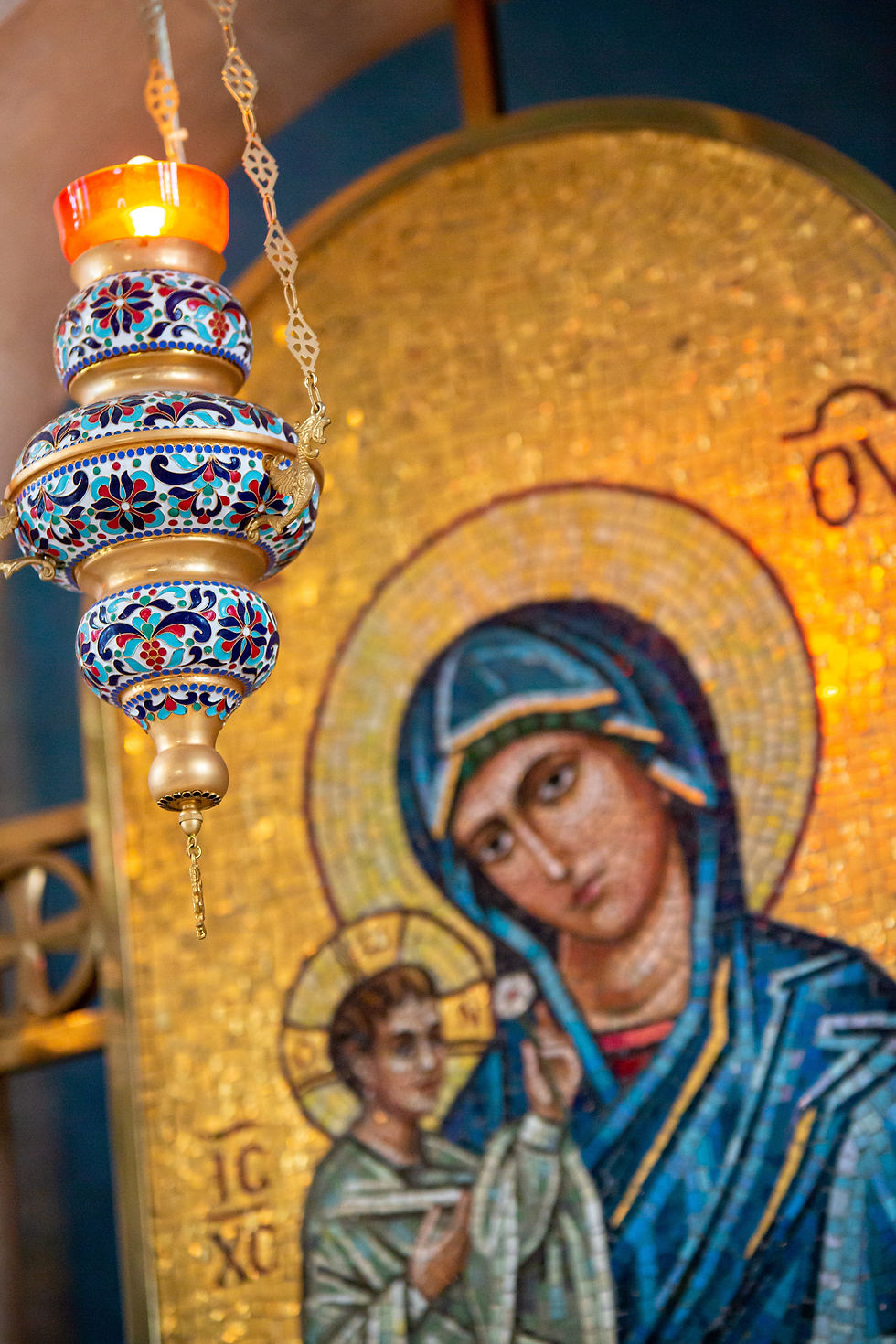The Complexities of Loving All Our Neighbors
- Jane Aseltyne

- Sep 9, 2023
- 3 min read

I am going on my third year as a resident of Chicago. Living in Hyde Park is like living in a microcosm of the world. There are people from all walks of life and many countries and cultures. When I go to the grocery store, I often find myself in the minority as a white person. In this little corner of Chicago's southside, I am learning daily about genuinely loving my neighbor.
In our readings today, St. Paul says, we should “love our neighbor as yourself.” Growing up as a Christian, I have heard this maxim my whole life. As a kid, I thought it meant being nice to my neighbor or sharing toys. As I got older, I thought loving your neighbor meant helping a someone carry their groceries up to their second-floor apartment or greeting someone on the sidewalk with a friendly smile (not something that often happens in the city!). While these things are a part of loving your neighbor, real love does not stop there. And from where I stand now, this teaching is quite complex if we take it seriously. Loving our neighbor means stretching ourselves beyond our comfort zone and confronting our own biases.
For example, Chicago has seen an influx of migrants since August of 2022; we’ve had over 13,000 migrants bused to the city in search of work, food, and shelter for their families. And the response to these neighbors now among us has been mixed. Many news stories are circulating about how migrants are camped out at police stations, living in conditions that are less than humane. The migrant families and city workers are stressed, and there does not seem to be a sustainable solution in sight.
One of the responses to this crisis that Hyde Park has attempted to facilitate is using a hotel to house 300+ migrant families. At a recent community meeting about this potential housing solution, support varied. Several felt that providing housing to migrants was a positive thing. Others were angry, pointing out that Black persons and families experiencing homelessness are not given the same amount of care and concern as the migrants. These two stances reveal a deep divide in how best to respond to the housing crisis in the city that is affecting many groups of people, particularly those marginalized due to racism, poverty, and lack of resources.
Using the situation in Chicago as a lens, we might ask ourselves how we love our neighbor amid such challenging circumstances. How do those of us with the privilege of stable housing confront our own biases and be a part of the solution rather than the problem? St. Paul says that “love does no evil to the neighbor,” so how can we find inclusive solutions so that everyone’s needs are met?
There are no easy answers to these questions. But as people of God, we are called to pray, advocate, and show up for those in need. We listen. We learn. We act on behalf of justice and peace. We ask God to deepen our understanding of what it means to love one another and respond to the needs of our world out of love. And as we navigate these complex issues in our times, we recall the words of Jesus: “for where two or three are gathered together in my name, there I am in the midst of them.”






Comments